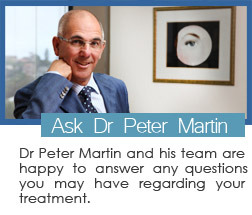
Glaucoma the silent thief of sight
It is safe to say that your eyes and your sight is one of the most important aspects of your life, but there are some conditions that affect the functionality of your eyes and cause serious problems. Nobody wants to have impaired vision, they want it to be perfect and be able to see everything with no problems whatsoever.
One of the conditions that can occur with eyes is Glaucoma. Glaucoma is a condition in which the optic nerve, which joins the eye to the brain, undergoes damage therefore resulting in visual loss. Glaucoma is caused by a fluid in your eye that provides the necessary pressure to help maintain the shape of the eye. This liquid is then drained into the blood stream by form of a sieve. The sieve becomes damaged and does not adequately drain the liquid from the eye. Now with less and less liquid being absorbed back into the blood, this causes it to put more pressure upon the eye’s nerves, as these nerves become damaged; your sight becomes severely affected.
Glaucoma Raised intraocular pressure that results in damage to the optic nerve and loss of vision is referred to as GLAUCOMA. If you have a family history of glaucoma, diabetes, short sightedness or raised blood pressure you have a higher risk of developing glaucoma. All patients after 40 should have their IOP checked Early diagnosis is essential and reduces the risk of damage and permits with the use of drops or laser therapy to reduce the long term damage to the nerve. Glaucoma is often very hard to discover yourself as there are not that many symptoms in the early stages that will give you an idea into the fact you may have it. Some of the symptoms are loss of side vision, blurriness and the ability to adjust to dark rooms. Although it is rare sometimes you may experience headaches, and coloured ring being formed in front of lights.
There is no certain cure for glaucoma although it can be helped to prevent further damage, by lowering the pressure on the eye. Most commonly eye drops are used to do this, but tablets can be an option also. It is essential to be compliant with the use of eye drops. Recent study showed a moderate percentage of patients did not regularly refill their eye drop prescriptions. This needs to be avoided with a better understanding of their relevance.


